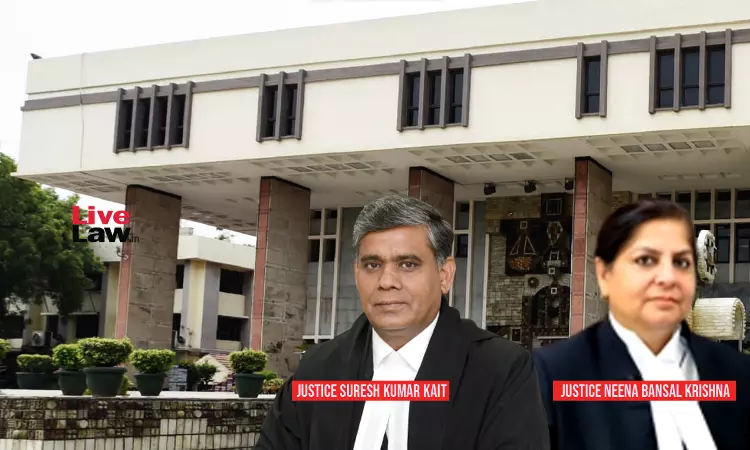The Delhi High Court has ruled that once there is a legal bar on the performance of second marriage when either spouse of the parties are living, the consent of such parties cannot confer validity to the second marriage. Noting that both the parties should not have a living spouse according to Section 5(i) of the Hindu Marriage Act, 1955, a division bench of Justice Suresh Kumar Kait and...

